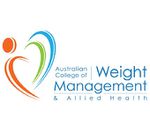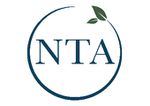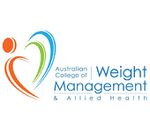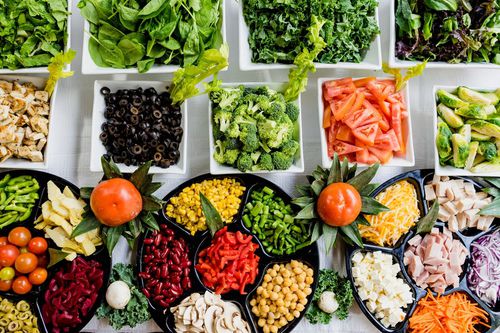What is nutrition?
Nutrition is a type of natural medicine that explores the interrelationship between diet, health and disease. Good nutrition is proven to improve overall health and wellbeing by boosting the immune system, mental development and productivity. It looks at how a person's food intake affects an individual's dietary needs and determines the essential nutrients needed to maintain an adequate and well-balanced diet.
Nutritionists focus on providing dietary plans that have the right balance of nutrients to reduce the risk of health conditions like:
- Diabetes
- Heart disease
- High blood pressure
- Food allergies and intolerances
- Weight issues (malnutrition and obesity)
- Other chronic diseases
Nutrition is a growing industry in Sydney, with around 33.9% of nutritionists based in NSW according to JobOutlook.gov.au. Some professional associations available for those that complete a nutrition course in Sydney include:
- Nutrition Australia (NA)
- Dietitians Australia (DA)
- Nutrition Society of Australia (NSA)
- Australian Traditional Medicine Society (ATMS)
- Australian Health Promotion Association (AHPA)
- Australian Society for Parenteral and Enteral Nutrition (AuSPEN)
Who are nutrition courses for?
A career in nutrition is ideal for those who have a desire to help others and understand the importance of the role of nutrition in promoting a balanced lifestyle for clients in long term. To be successful in your nutrition studies and career, you must possess these skills:
- An attentive listener to understand the client's nutritional needs so that you can adjust diet plans accordingly.
- Critical thinking when planning nutritional intervention programs and calculating nutritional values of diets, menus and meal plans.
- Strong written and verbal communication skills when going over nutrition assessment reports.
- Strong organisational skills when collecting and analysing data related to the health and nutritional status of clients in addition to tracking their progress using predetermined wellness goals.
If this sounds like you, continue reading to learn more about your course options in Sydney.
What are the course and study options of nutrition in Sydney?
A nutrition course can be completed on-campus, online or through a blended learning system.
To become an accredited clinical nutritionist, you must complete a Bachelor of Health Science majoring in Nutrition since it is a formally recognised qualification by Australia's peak bodies for nutritionists. However, if you are looking for a shorter learning pathway, you can complete a Diploma of Nutrition or a Certificate where you will have the opportunity to thoroughly explore a specific field within nutrition.
While completing a nutrition course you will learn about the foundations of good health and how food and nutrients help prevent and treat diseases. They examine how energy is converted in the human body through an analysis of the physiological and biochemical processes involved. As a result, some of the units that you will most likely complete include chemistry, biochemistry, food science and the sociology of food. Finally, you will also gain hands-on training and practical clinical experience through supervised clinical assessments, dietary planning, nutrition analysis.
After completing your studies will be eligible to apply for membership with these professional associations:
- Nutrition Society of Australia (NSA)
- Dietitians Association of Australia (DAA)
- Australian Traditional Medicine Society (ATMS)
- Complementary Medicine Association (CMA)
On this page, you will find a comprehensive list of a range of nutrition schools in the Sydney region. You can contact them to learn more about your study options, course duration or fees.
What happens after you finish a nutrition course in Sydney?
The skills and knowledge you gain from studying nutrition give you the flexibility to explore a range of career paths related to the nutrition field. Besides working as a nutritionist, you will also be able to provide expert nutrition advice while working as a dietician, nutritional consultant, nutrition research or food technologist. In these roles, you would most likely be working in a holistic clinic, government health department, hospital, school or community health centre.
Additionally, you can also start your own private practice where you have full ownership control over the management of your business. This would give you the opportunity to list your services on Natural Therapy Pages.
Regardless of which option you take, it is strongly advised that you apply for an NSA Voluntary Register of Nutritionists to become a formally recognised nutritionist. You will be required to have completed at least an undergraduate degree and some level of training. Furthermore, you will need to renew your registration every 3 years.
Finally, you can pursue a research pathway through a Master's degree in Nutrition or Dietetics and then later on a PhD. This will allow you to refine your knowledge of nutrition and gain specialised knowledge in an area of your interest.










